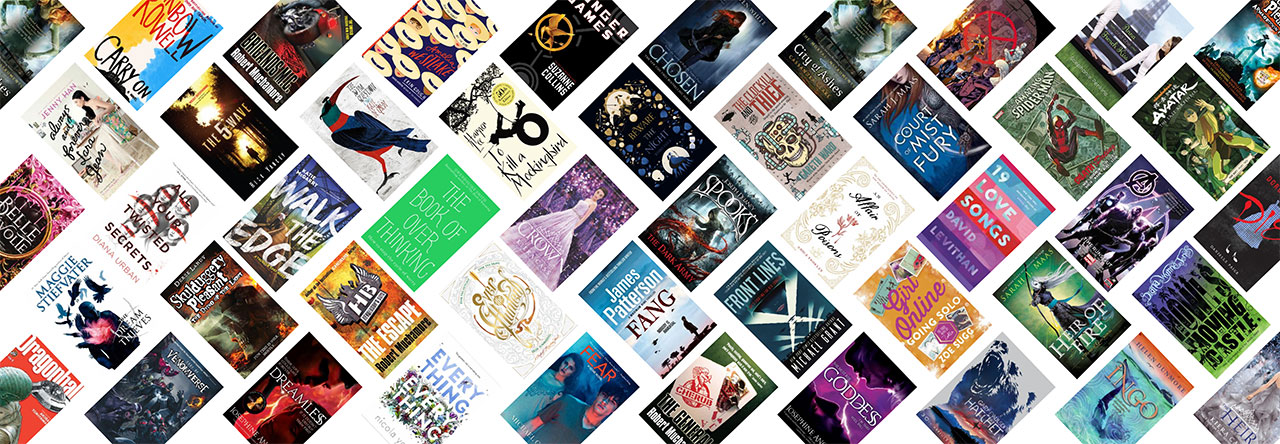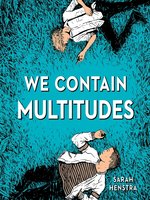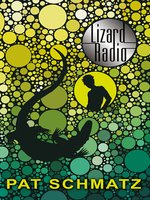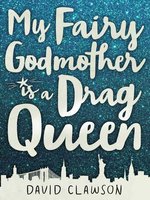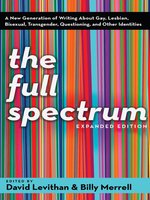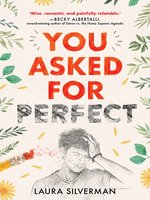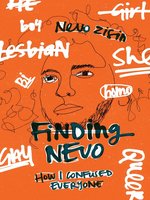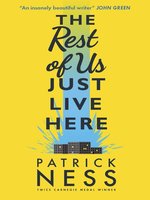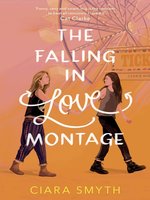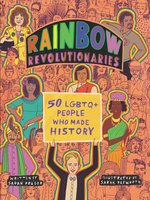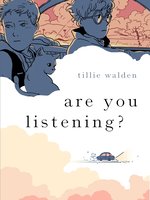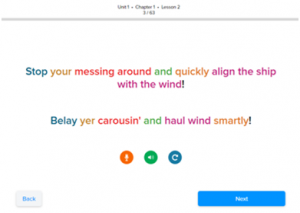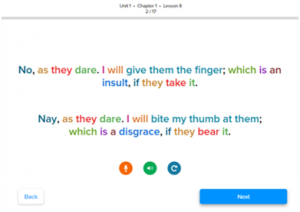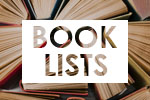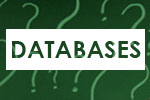As internet troglodytes naturalised denizens of the internet, it can sometimes be tempting to fall into the belief that everything there is to know can be found for free online. While it’s true that there is an awful lot of information out there, there are two really important things to be aware of:
- Not everything you can read for free online is true (shocking thought, I know)
- A lot of the really reliable, peer-reviewed stuff? Yeah. You gotta pay for that (and they wonder why disinformation is rife)
One of the most important, and coolest, things about the public library is that we can get our readers past those paywalls without you having to pay a cent — so you can get access to the most up-to-date, accurate, and reliable info at the low, low cost of typing in your library card number and trying to remember your PIN.
So today, we thought we would spotlight one of our favourite online resources — the Gale Archives of Sexuality and Gender. Whether you’re doing research for school, want to learn more about our queer elders, or are just curious about how societies all over the world have understood and approached questions of sexuality and gender across time — read on, fellow troglodyte, read on!
Introducing the Archives of Sexuality and Gender
The Gale Archives of Sexuality and Gender is the largest digital collection in the world of primary sources to do with the history and study of sex, sexuality and gender. It’s split up into four different sections, all of which contain everything from magazines, photographs, cartoons, pamphlets, articles, historic books, government briefings, pieces of legislation, pieces of propaganda, and much more — all to do with how sexual norms have changed over time, the development of health education, social movements and activism, changing gender roles… the list goes on.
What’s in the Archives?
The four sections of the Archives are:
- International Perspectives on LGBTQ Activism and Culture
What’s it about?
This archive collects information about sexual and gender diversity in underrepresented areas of the world, including Oceania and Africa, with a special focus on activism and the global struggle for LGBTQIA+ rights and freedoms.
What can I find here?
Newspapers, magazines, cartoons, photographs, personal letters, and other files from prominent activists in Africa and Australia. - LGBTQ History and Culture since 1940, Part I
What’s it about?
This archive focusses on grassroots movements that sprung up around the world in support of LGBTQIA+ rights during the mid-20th century, especially around the AIDS crisis in the 1980s.
What can I find here?
Newsletters, community meeting documents, newspapers, research reports, government briefings, legislation, photographs, medical research, surveys, private letters. - LGBTQ History and Culture since 1940, Part II
What’s it about?
This archive provides coverage of groups who, even within the LGBTQIA+ community, have not been as well represented as other activist groups, including religious queer communities as well as Two-Spirit, bisexual, transgender, and intersex communities. The focus in this archive is more on personal stories than on organisations.
What can I find here?
Oral histories, posters, interview transcripts, research papers, psychological surveys, personal letters, manuscripts. - Sex and Sexuality, Sixteenth to Twentieth Century
What’s it about?
This archive focusses on understanding how various societies’ understanding of sexual and gender norms have changed from the 1500s through to today.
What can I find here?
Extremely rare books and manuscripts including poetry, fiction, historic guides to etiquette and behaviour, medical and scientific texts, law, religious literature, and the personal library of Dr. Alfred Kinsey (yes, that Kinsey)
How do I use the Archives?
Well, in some ways an archive is sort of like a microcosm of the general internet. Just like you can with Google, you can do a general search in the archive’s search engine, and it will bring up an array of results that may or may not include what you’re actually looking for.
But an archive like this one is a little bit cleverer than just any old search engine — so for us to get the most out of it, we have to be a little bit cleverer too!
For example, if you’re interested in learning about LGBTQIA+ history in New Zealand, you can use a special Publication Search to limit your results to only items that were ‘born’ in New Zealand. If what you’re looking for is really specific (e.g. “political posters produced in the 1980s in New Zealand relating to the AIDs crisis”), using a combination of Advanced Search tools will be your way to go.
But we can get even cleverer still! Here are two of our favourite ways to use the Archives:
Topic Finder
The Topic Finder helps you visualise connections between what you’ve searched, and other topics that you might not have even considered! This can be really helpful if you’re doing research for a project, for example, because using the Topic Finder, you can quickly see related topics you might like to look into further, that you wouldn’t have found if you were just doing a general search.
Plus, it looks super pretty — here’s a cute example of a quick search I did for “New Zealand” — as you can see, it has quickly broken down that huge topic into a whole bunch of more specific topics that it will be way easier for me to explore further:
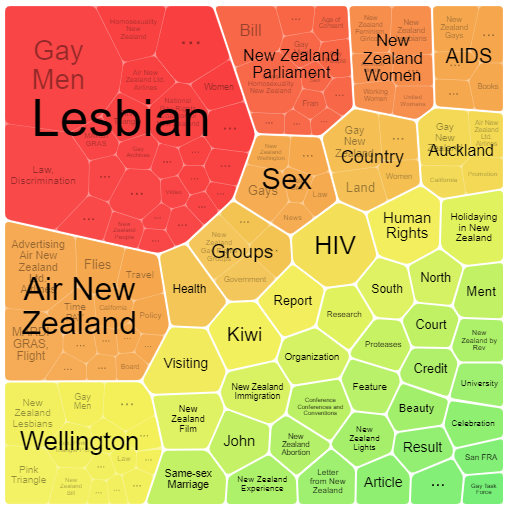
The colours! So fetching!
Term Frequency
If you’re a language nerd like me, you’re super interested in how the language we use changes over time. And the language used to describe the LGBTQIA+ community changes frequently as social norms are challenged and eventually changed. The Term Frequency tool lets you see exactly how this works by showing letting you compare how often particular terms are referenced in written works throughout history.
This is a really interesting example — in the below graph, the black line traces usage of the word “transgender,” whereas the blue line traces the usage of the word “transsexual.” Note that “transsexual” was the more common word, until 1993, when transgender activist Leslie Feinberg popularised the use of the word “transgender” in her impactful novel Stone Butch Blues.

Look, a graph might not seem cool to you, but it seems really cool to us!
So what?
Armed with your new array of tools and techniques, go forth and explore! There is so much interesting, exciting, challenging, inspiring, and thought-provoking stuff in this archive just waiting to be found. Go on! Find it!

